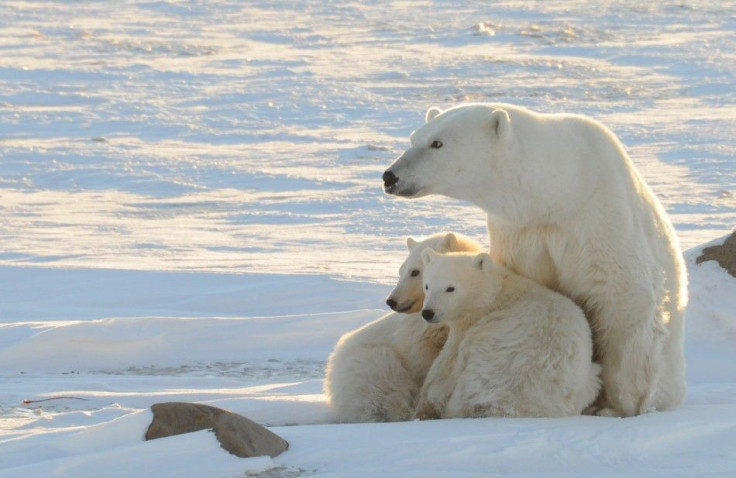Climate Change a Global Security Issue: Australian Official

Richard Marles, the Australian government's Parliamentary Secretary for the Pacific, warned the United Nations Wednesday of rising sea levels and their impact on low-lying islands and asked them to include climate change as a global security issue.
Arousing images of standing on top of Majuro atoll in the Marshall Islands, Marles said that a sea level rise of 1 meter could erode up to 80 per cent of the atoll, which measures 3m at its highest point.
A senior UN official warned that climate change could become a catalyst for sudden and abrupt shocks worldwide and have far-reaching implications for global stability and security. Achim Steiner, executive director of the U.N. Environmental Program, told the U.N. Security Council Wednesday that natural resources are at risk.
The Journal of Coastal Research by Murray Ford of Hawaii University said that sea levels around Majuro are only increasing by an average of 3mm per year. Ford said that although the rural lagoon shore is eroding, the ocean-facing shore is largely accreting or growing.
The study found that Shoreline change within the urban area of Majuro has been largely driven by widespread reclamation for a mix of residential, commercial, and industrial activities.
Males and Nauru's President, Marcus Stephen, did not convince the UN Security Council today to adopt climate change as a priority,
Irate, Stephen said, Let history report that again we have sounded the alarm and the world chose not to act.
Russia's deputy UN ambassador Alexander Pankin described the threat to sea levels by climate change as of a hypothetical nature.
Involving the Security Council in a regular review of the issue of climate change will not bring any added value whatsoever, and will merely lead to further increased polarisation of this issue and increased disagreements between countries, Pankin said.
READ: Climate Change a Global Security Issue: Australian Official
© Copyright IBTimes 2024. All rights reserved.











